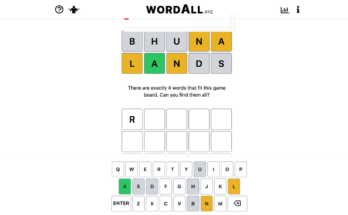Game Maker Studio 2 is the most advanced piece of software on our list, and may intimidate total newcomers. However, it is by far the easiest professional-level game engine to learn, and has been used by many indie developers to create games like Hyper Light Drifter, Momodora, Katana Zero, and more.
The key to Game Maker Studio 2’s accessibility is its streamlined, object-based scripting. Instead of coding your games from scratch, the built-in editor lets you program character behaviors and gameplay systems with simple drop-down menus based on Game Maker Studio’s unique scripting language. There are tons of tutorials available that teach you the basics of the engine, as well as sample projects to get you started and community-made assets you can use if you’re not yet up to making your own.
The only downside is that the skills you learn making games with Game Maker Studio 2 won’t necessarily translate to other engines like Godot, Unity, and Unreal, since those use common coding languages like C#, which allow for more complexity. However, since Game Maker Studio 2 supports 2D and 3D games, you could easily make all your games in Game Maker Studio 2 for as long as it suits your needs.
Game Maker Studio is free to download and use, but you will have to pay to unlock certain features and to publish your games. You can buy a 1-year license for $39 that lets you publish to Windows and Mac, or a permanent license for $99 that adds iOS, Android, Amazon Fire devices, Ubuntu, HTML 5, and Universal Windows Program publishing support. Game Maker Studio 2 also has publishing tools for PS4/PS5, Nintendo Switch, and Xbox One/Xbox Series X/S, but each one requires a license that costs a whopping $700 per year—or you can bundle them for $1,500 per year. That’s pretty steep, though comparable to the console publishing costs you’ll see with other professional-level software.



